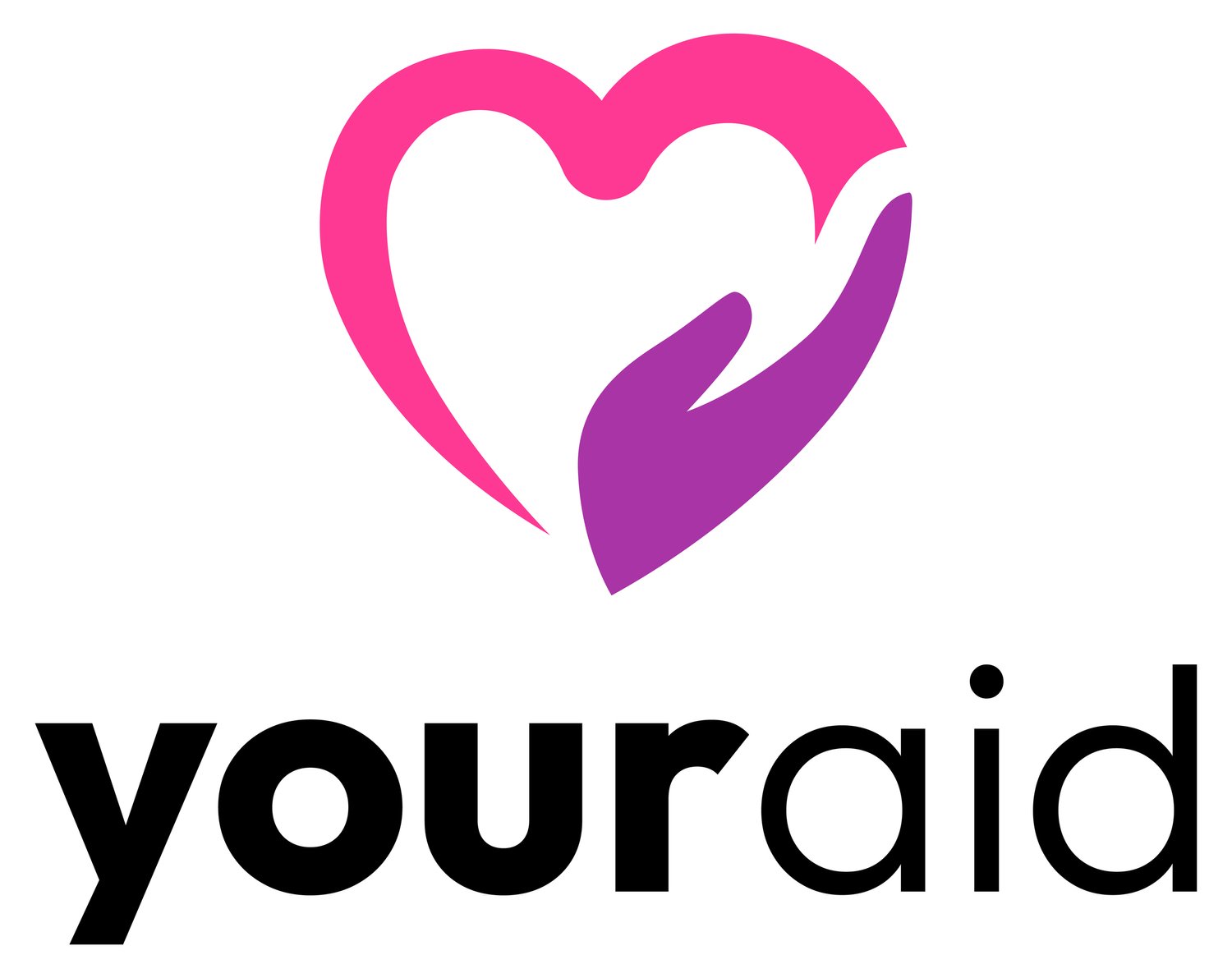Clean Water
The availability of clean and safe drinking water continues to be a challenge for people living in Cambodia. In homes, large jars are used to collect rainwater. Water from wells or ponds are likely to be contaminated with pesticide, heavy metals and pathogen. Children in schools do not have access to clean water safe for drinking or the availability of water for sanitation and hygiene.

Water Tanks
Of all the sources of water, rainwater collected and stored is relatively clean. However, Cambodia has a distinct dry season and this occurs from October to April each year. In order to address this major problem, over the years, BLCP has built concrete tanks in over 900 schools. These tanks store rainwater which has been harvested from the roof of school buildings and are capable of supplying drinking water to over 200,000 students each day.
Over the years we have improved on the size, design and medium of construction of these concrete tanks. The original water tanks were smaller, each being able to store 2,000 litres of water followed by larger tanks of size 20,000 litres.
Although the newer larger concrete tanks were not as susceptible to developing defects such as cracks, we continued to explore ways to improve on the quality of water that was stored with the most recent installation of 20 Pioneer Water Tanks from Australia. These new water tanks were chosen in view of the antibacterial storage medium and other features which are more superior to the concrete tanks.
The installation of the Pioneer Water Tanks were made possible through the generous funding of the Paget Sayers Trust and the LUFF Foundation.
Water Purification System
In striving to enable the children to have safe drinking water, we have, in 2021, commenced the maiden rollout of the installation of water purification systems (WPS) in 60 schools. Each WPS consists of an ultrafiltration(UF) device and water pump contained in a tailored made secured cabinet with water pipe connections for both inlet and tap outlets.
The UF device is able to filter out any impurities, pathogens and heavy metals from the harvested rainwater and to meet both World Health Organisation (WHO) and Cambodia national safe drinking water standards.
By sourcing more reliable water supplies and providing water dispensers, our work involved collaborating with school principals and teachers to enable children to have access to safe drinking water in their classrooms. We expect to complete the rollout of the WPS to all 900 schools which have our water tanks by 2026.







